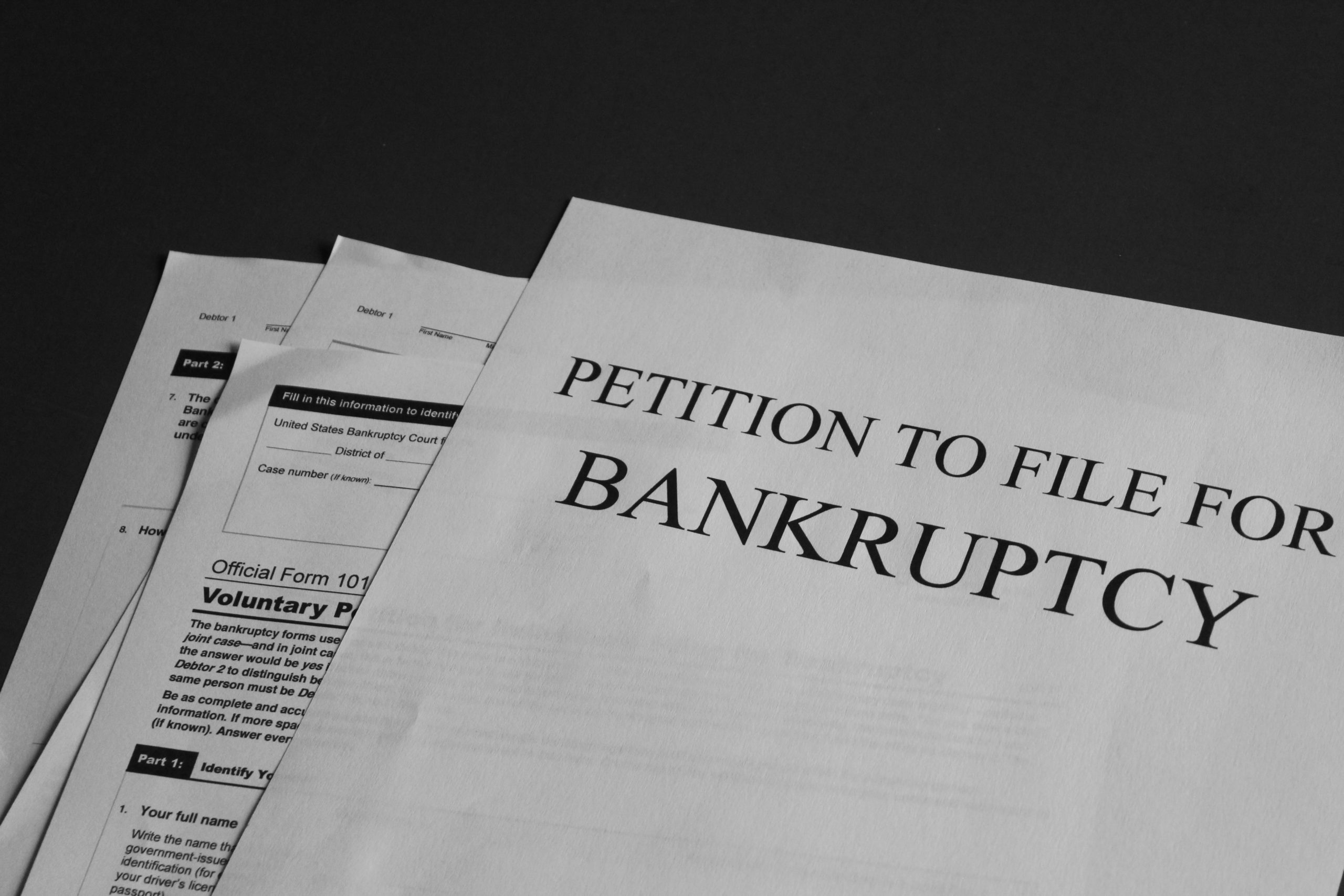The Run, the Fallout and Considerations for Future Protections

On Friday March 10, 2023, Silicon Valley Bank (“SVB”) was closed by the California Department of Financial Protection & Innovation and the FDIC was named receiver. While it seems a crisis has been averted for SVB and its customers as the FDIC has assured that all depositors will be made whole, there are important considerations to emphasize for those who are still not out of the woods, as well as key takeaways that can be implemented as a safety net against future bank runs.
Receivership and the Bridge Bank: Where We Are Now.
Following its appointment as the receiver, the FDIC took over management of SVB, including its assets, and all financial and operating decisions. In its capacity as the receiver, the FDIC transferred all deposits of SVB, both insured and uninsured, to Silicon Valley Bridge Bank, N.A., a full-service ‘bridge bank’ that will be operated by the FDIC (the “Bridge Bank”). In a statement issued by the FDIC, the FDIC stated that all customers of SVB would automatically become customers of the Bridge Bank, which will hold “normal banking hours and activities, including online banking.” Further details on the Bridge Bank and access to deposit accounts held at SVB can be found on the FDIC website.
The rights and responsibilities of the FDIC, acting as a receiver, are governed by the Federal Deposit Insurance Act. Under the Act, the FDIC, is tasked to, among other things:
- repudiate or disaffirm contracts or leases that SVB is a party to within a reasonable period of time;
- reject contracts that the FDIC determines “to be burdensome”; and
- “promote the orderly administration of the institution’s affairs”. 12 U.S.C. § 1821(e)(1)(A)-(C).
Currently Involved in a Loan that involves SVB? Review Your Credit Agreements ASAP.
Since all deposits have been transferred to the Bridge Bank, all existing credit agreements where SVB was either a lender or the depository bank should be reviewed as soon as possible as there are numerous considerations that should be taken into account.
For example,
- If SVB was acting as the deposit bank for a credit facility, a new deposit account control agreement (“DACA”) may be needed with the Bridge Bank. Until a new DACA is set up, lenders to SVB’s depositors may require a security interest in the FDIC certificates issued to such customers and the proceeds thereof. As it has been announced that all SVB customer deposits will be honored by the government, depositors may only be required to execute new DACAs.
- In the case where SVB was the agent or lead lender for a loan facility, the parties should consider whether replacing SVB as the agent or a lender lead is warranted. Most facilities should have a mechanism to have a “sub-agent” serve in the place of SVB and borrowers should contact SBVB’s counsel, Morrison and Foerster to assess the likelihood that SVB or a successor will honor its credit extension commitments.
- The takeover of SVB by the FDIC creates immediate issues for landlords with respect to tenant letters of credit from SVB. Letters of credit posted to landlords and lenders from SVB will likely be considered an uninsured claim or will be assumed by whomever purchases SVB. As a result, the beneficiary of such letter of credit may deem the existing letter of credit insufficient and require the posting of a replacement letter of credit.
For the Future
In the wake of the SVB bank run, a principal question that remains is: What should companies be thinking about in anticipation of further potential bank runs.
Below are some valuable insights that companies can consider to mitigate the impact of future runs on banks on its business:
- Regardless of whether a company was affected by the run on SVB, they should begin to reevaluate diversification strategies. Namely, companies should ensure their deposits are properly spread out amongst multiple financial institutions.
- Companies not maintaining deposit account insurance should seek to insure their deposits as soon as possible. Those currently holding deposit account insurance should review their policies to evaluate their sufficiency.
- Some borrowers affected by the run on SVB had exclusivity clauses in their loan agreements, thus limiting their ability to tap services from other banking institutions. Consequently, companies should promptly review their current loan agreements to ensure they are not bound by similar exclusivity clauses.
- Companies with deposit accounts should consider shrinking theirs under $250,000, the maximum amount that FDIC Insurance will cover.
- Venture capital-backed companies should take measures to protect their clients, such as: looking to raise equity in the near future, communicating with suppliers in order to ensure their liquidity, and asking investors to provide emergency liquidity backstops.
Cole Schotz closely monitored the developments of SVB and its transfer into receivership, which moved at an extraordinary speed. Almost immediately following the events surrounding SVB we were hit with the surprising closure of New York’s Signature Bank along with concerns about potential spillover to regional lenders and the wider economy. We will continue to watch future developments regarding these issues and post future blogs as appropriate.
As the law continues to evolve on these matters, please note that this article is current as of date and time of publication and may not reflect subsequent developments. The content and interpretation of the issues addressed herein is subject to change. Cole Schotz P.C. disclaims any and all liability with respect to actions taken or not taken based on any or all of the contents of this publication to the fullest extent permitted by law. This is for general informational purposes and does not constitute legal advice or create an attorney-client relationship. Do not act or refrain from acting upon the information contained in this publication without obtaining legal, financial and tax advice. For further information, please do not hesitate to reach out to your firm contact or to any of the attorneys listed in this publication.
Join Our Mailing List
Stay up to date with the latest insights, events, and more





